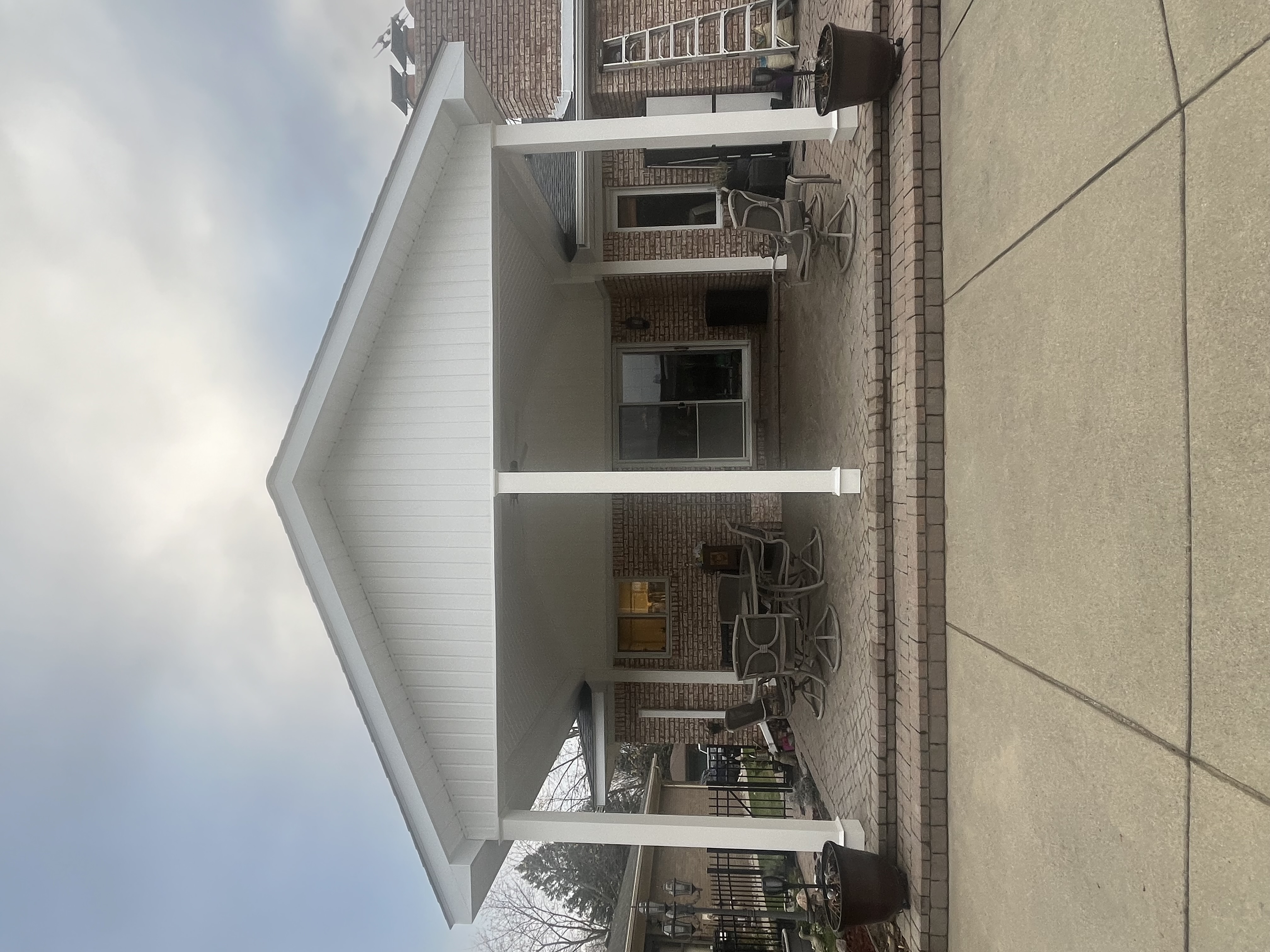
Expert Tips for Sustainable Construction Practices Sep 16, 2025
To start, understanding the concept of sustainable construction is crucial. It involves using processes that are environmentally responsible and resource-efficient throughout a building's life cycle. This concept isn't just limited to the materials used; it extends to every phase of the construction process, from planning to design, construction, operation, maintenance, renovation, and demolition. By focusing on these principles, Big Country Construction LLC aims to deliver quality projects that minimize environmental impact and promote a healthier living environment.
One of the primary strategies in sustainable construction is to use materials that are sustainable. Opting for renewable, recycled, or certified materials can significantly reduce the carbon footprint of a project. For instance, bamboo, reclaimed wood, and recycled steel are excellent choices, as they are durable yet have a lower environmental impact compared to traditional materials. Using locally sourced materials is another way to enhance sustainability, cutting down on transportation emissions and supporting regional economies.
Energy efficiency is another key component of sustainable construction. Implementing energy-saving designs can lead to long-term cost savings and reduced energy consumption. This might include the installation of high-efficiency windows, proper insulation, and the integration of renewable energy sources such as solar panels. Ensuring that buildings are designed to maximize natural light and ventilation can also significantly reduce reliance on artificial heating and cooling.
Water conservation is equally important in sustainable construction. Implementing systems that reduce water usage, such as low-flow faucets, dual-flush toilets, and efficient irrigation systems, can greatly decrease water consumption. Additionally, incorporating rainwater harvesting systems and greywater recycling can provide alternative sources of water for non-potable uses, reducing the overall demand for fresh water.
Waste reduction is a critical aspect of maintaining sustainability in construction. Efficient waste management practices, such as recycling construction waste and minimizing site disturbance, help reduce the amount of debris sent to landfills. Reusing materials from deconstructed buildings can not only save costs but also minimize environmental impact.
Furthermore, creating a sustainable construction plan requires collaboration and planning across various stakeholders. Engaging with environmentally-conscious architects, designers, and contractors ensures that everyone works towards the same goals. At Big Country Construction LLC, our team is committed to working closely with clients and partners to identify and implement the most sustainable building practices.
In conclusion, sustainable construction is an effective way to reduce environmental impact while creating lasting, cost-efficient buildings. By prioritizing renewable materials, energy efficiency, water conservation, and waste reduction, construction projects can be both ecologically and economically sustainable. By integrating these practices into your building or remodeling plans with the experts at Big Country Construction LLC, you are not only contributing to a healthier planet but also investing in a durable and efficient infrastructure for the future. Embracing sustainability is more than just a choice; it is a responsibility that promises a better world for generations to come.
/filters:no_upscale()/media/227604e2-7497-433b-be9b-ac1d09452c20.jpeg)
/filters:no_upscale()/filters:format(webp)/media/621c3dce-ec5f-405b-b411-59c458d1f70a.jpeg)